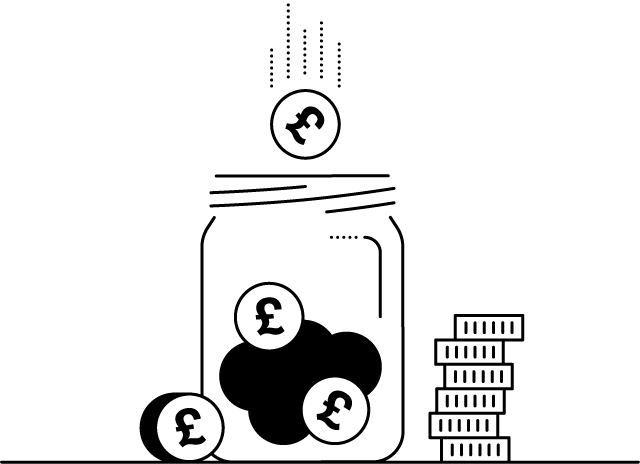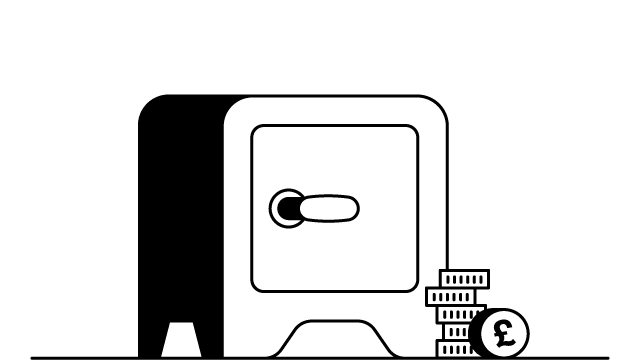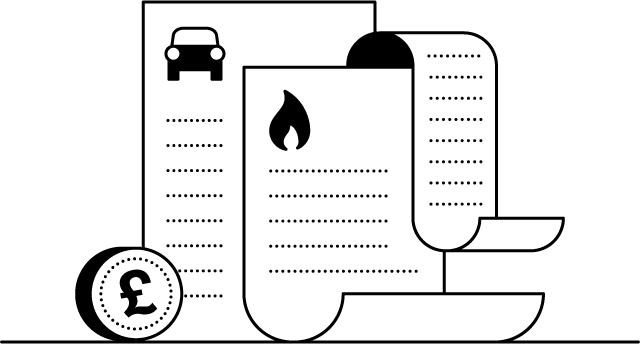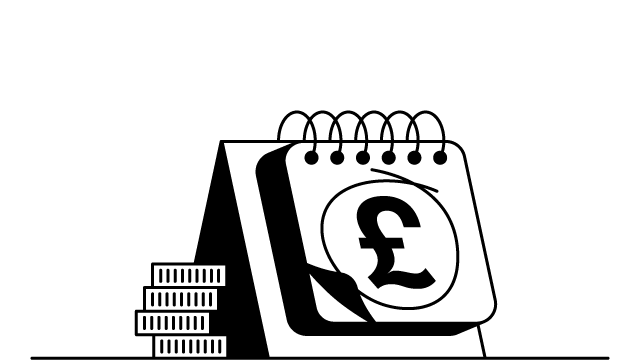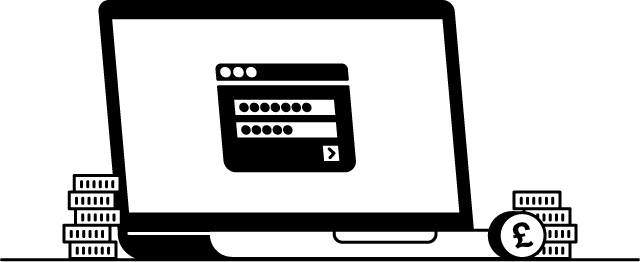How to improve your mortgage application
Getting onto the property ladder has its challenges, not least getting approved for a mortgage. But fear not – there are things you can do to help make owning that dream home a reality. Here are 6 tips that could help boost your chances of getting a mortgage.
You might also like
Cost of buying a house
Whether you’re a first timer or you’re buying again and need a reminder, this guide includes some of the common fees you might encounter.
Where do I start my house hunt?
There are plenty of ways to search for a house – from looking in the windows of the local estate agents to going to the auctions. Here’s a rundown to help you find your dream home.
Looking for a mortgage?
Whether you're a first-time buyer or looking to remortgage, our mortgage calculator is here to make things easier for you. Learn how much you could borrow, view potential mortgage rates and see how changes to your mortgage could affect your monthly repayments.
What can I afford?
Find out what you will need to take in to account when buying a property. There’s a lot of pressure on people to get on the property ladder – but it only makes sense if you can feed yourself and enjoy some sort of social life at the same time.
